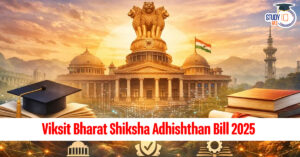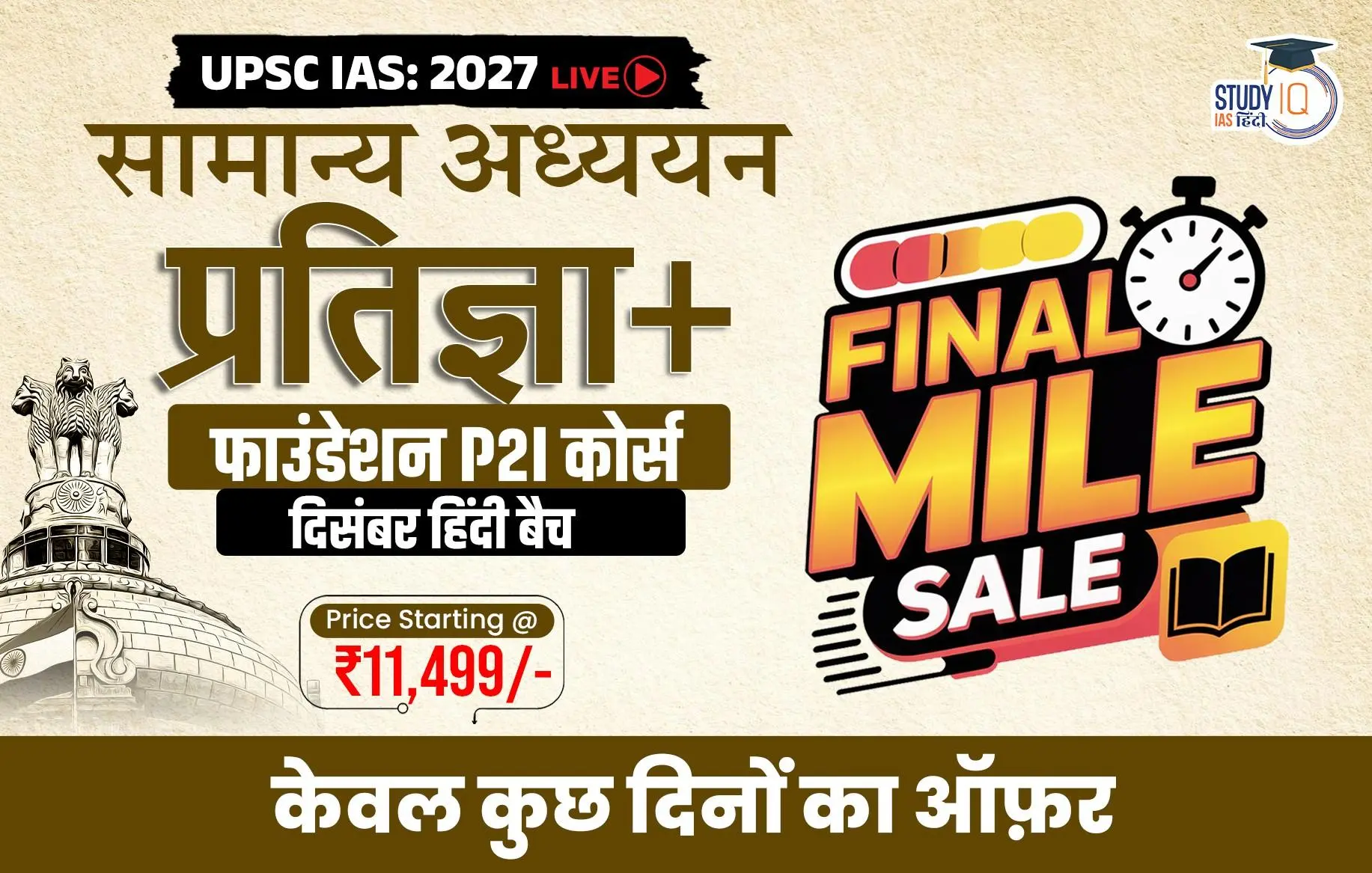Table of Contents
Following the Supreme Court’s decision to ban the controversial electoral bonds scheme, there has been a noticeable surge in donations to political parties via electoral trusts. This shift has sparked debates on transparency, accountability, and the effectiveness of the new donation route.
What are Electoral Trusts?
Electoral trusts are organizations set up to channel donations to political parties. They provide a legal framework through which citizens, companies, and other entities can contribute to political parties while maintaining certain levels of transparency.
Key Features of Electoral Trusts
- Formation:
- Companies can establish electoral trusts under Section 25 of the Companies Act, 1956.
- Donor Eligibility:
- Eligible donors include Indian citizens, companies, firms, Hindu Undivided Families (HUF), and associations of persons (residing in India).
- Donations are subject to the Income Tax Act, 1961.
- Renewal and Allocation:
- Electoral trusts must renew their registration every three years.
- They are required to allocate at least 95% of their contributions to political parties.
- Donor Identification:
- Donors must provide their PAN number (for residents) or passport number (for Non-Resident Indians, NRIs) when making a contribution.
Comparison Between Electoral Trusts and Electoral Bonds
The electoral bonds scheme, introduced in 2018, allowed individuals or entities to donate anonymously to political parties. However, with the Supreme Court’s ban on this scheme, electoral trusts have emerged as a significant alternative. Let’s compare the two routes for political donations:
| Aspect | Electoral Trusts | Electoral Bonds |
|---|---|---|
| Transparency in Funding | Provides transparency, allowing the public to see who is funding whom, especially in cases of single contributor and beneficiary. | Lacks transparency as only the aggregate amount received by the party is reported to the Election Commission (ECI). |
| Donor Anonymity | Donors’ identities are public, though tracing specific donations can be difficult in cases with multiple contributors. | Complete anonymity for donors, shielding their identities from public disclosure. |
| Reporting Requirements | Must submit annual contribution reports to the ECI, detailing contributions and donations to parties. | Parties report only the total donations received through bonds to the ECI, without specifying individual donors. |
| Donation Patterns | Donation patterns vary. Some trusts, such as Prudent Electoral Trust, donate large sums to multiple parties. | Less transparency; donation patterns are unclear due to donor anonymity. |
Impact of the Ban on Electoral Bonds
With the Supreme Court’s decision to ban electoral bonds, the trust route has gained momentum as a primary method of political funding. The ban on electoral bonds has led to several changes:
- Increased Donations via Electoral Trusts:
- Political parties are now increasingly relying on electoral trusts for donations, ensuring continued financial support despite the loss of electoral bond funding.
- Improved Transparency:
- Electoral trusts are required to disclose their contributors, offering a level of transparency that was absent in the electoral bond scheme. However, the process can still be complex and hard to trace in the case of multiple donors.
- Better Accountability:
- With annual reports submitted to the Election Commission of India (ECI), electoral trusts provide a more accountable mechanism for political contributions, which was a point of concern with the anonymity provided by electoral bonds.
Electoral trust UPSC
The electoral trust route is emerging as a viable and more transparent alternative to electoral bonds following the Supreme Court’s ban. Though it still has certain complexities, such as tracing individual donations in cases with multiple contributors, it offers a higher degree of transparency and accountability, helping to ensure that political funding is more open to public scrutiny. The shift from electoral bonds to electoral trusts marks a significant moment in India’s political funding landscape, focusing on greater openness while continuing to enable financial support for political parties.
Ready to turn your UPSC dreams into reality? Join the trusted StudyIQ UPSC Foundation P2I Live Hinglish Batches today! Our expert-led courses are designed to build a solid foundation while keeping you updated with the latest exam trends. Contact us now to enroll and get one step closer to cracking the UPSC exam with confidence.


 Protection of the Aravalli Range: Import...
Protection of the Aravalli Range: Import...
 Viksit Bharat Shiksha Adhishthan Bill 20...
Viksit Bharat Shiksha Adhishthan Bill 20...
 Jumping Genes: The Revolutionary Discove...
Jumping Genes: The Revolutionary Discove...

























